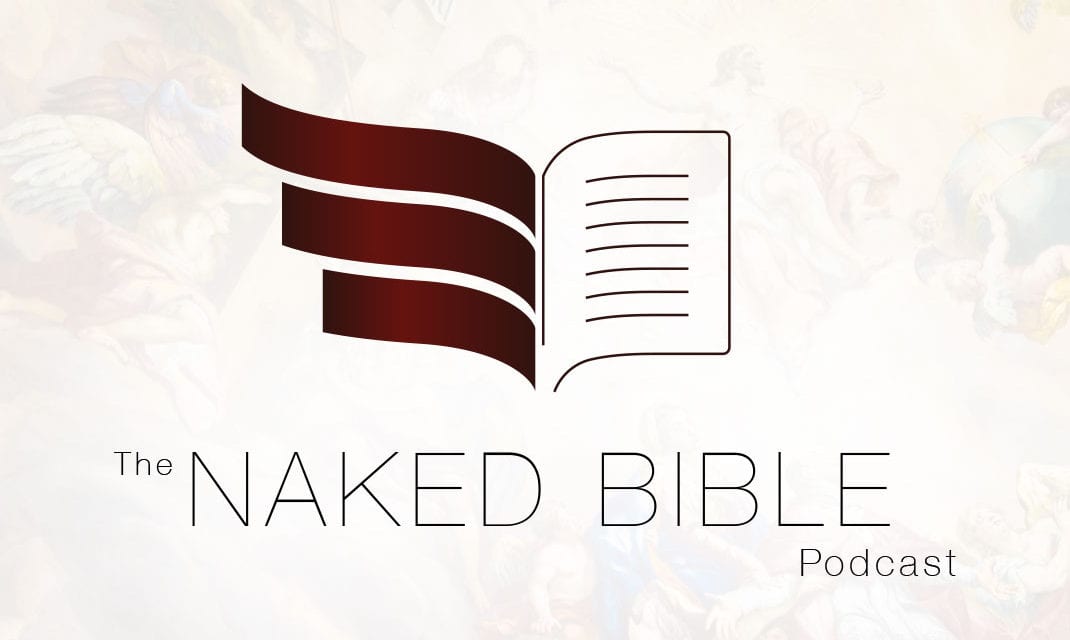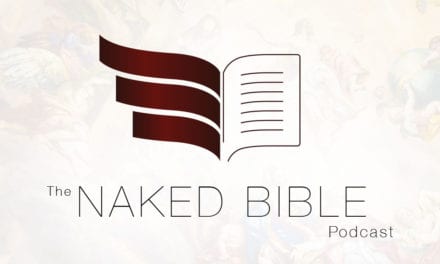The Ark of the Covenant is well-known because of the popular Indiana Jones movie, Raiders of the Lost Ark. That pop culture film offers just one of over a dozen theories on what happened to the Ark of the Covenant. The question arises because the ark is not one of the artifacts taken to Babylon by Nebuchadnezzar in the biblical account of the fall of Jerusalem and the destruction of the temple in 586 BC, nor is it listed among the temple treasures returned to Israel in Ezra 1, the account of the release of the captive Judeans. This episode surveys the more interesting and important theories as to the fate of the ark.
The episode is now live.







How did Jews of the Second Temple era deal with a Temple with nothing inside? What was the point of building a holy of holies room when they had nothing to put inside? Without an ark inside, is it still considered sacred ground?
With the altar and such they could still offer sacrifice. As for what they were thinking about the presence, I don’t know. It was still sacred to them, but I don’t know how that was justified.
Interesting. I was thinking about your comment for a few days. It makes me question how much we really know of how ancient people thought of things and how they read, but more importantly, how they applied the bible to their daily life.
So on one hand, we have a bible that we believe we got it all figured out, but at a loss for how they justified something, via a theology we believe we perfectly figured out. Yet, apparently they DID justify it somehow.
古人日三省其身,我从博客里吸收养分!
Could it be possible that the references to The Lord “enthroned between the cherubim” are a reference not to the ark but rather the the cherubim in heaven. After all you explained that the Ezekiel’s vision was modeled on the temple so if the temple is modeled on the real throne room of God in heaven then the loss of the earthly Ark of the covenant might not change that. Not that this would change the rest of your points especially about Jeremiah inferring that the Ark was destroyed. Obviously Hezekiah predated Ezekiel but he might have been familiar with some of the ideas.
Hey Mike, just thought I’d bring up another piece of reading (two actually, one is difficult to find, one is relatively easy) that listeners can make note of regarding the correlation between Shishak and Shoshenq. The first being “Centuries of Darkness” by Peter James, et al. which goes into numerous problems with the Egyptian chronology throughout the entire ancient Near East, and the problems it causes within Greek history. and other chronologies as well. It’s incredibly difficult to find, but is a great read.
The other is Pierce Furlong’s PhD thesis, “Aspects of ancient Near Eastern chronology (c. 1600-700 BC)” which can easily be found here:
https://minerva-access.unimelb.edu.au/handle/11343/39353#files-area